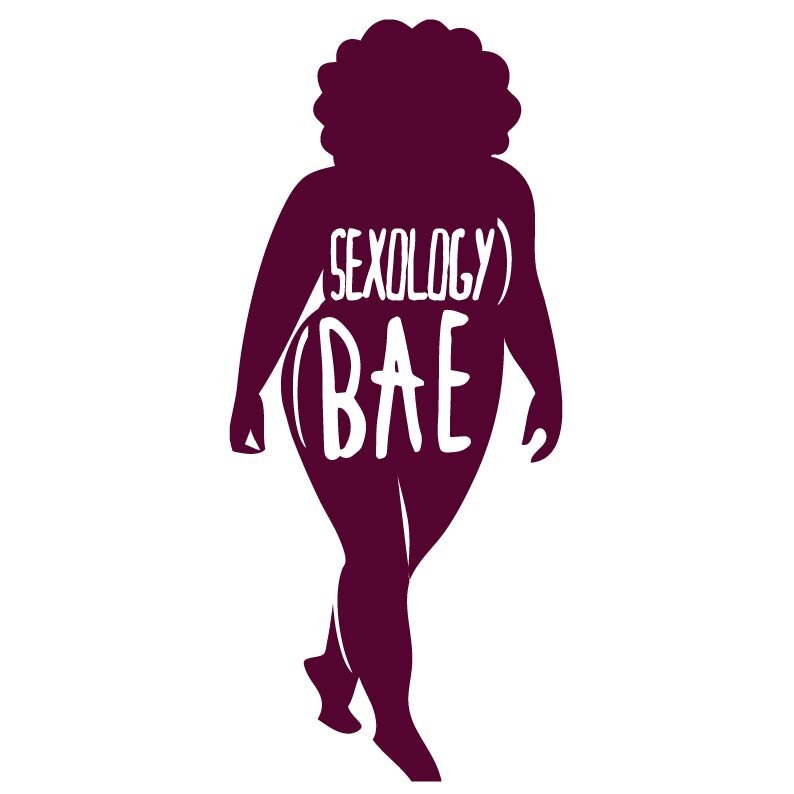Wondering where all of the rainbow-colored merch has gone now that we’re in July? Once the advertising cash cow of Pride Month is over, the overwhelming majority of companies that “support” the LGBTQ+ community go back to pretending we don’t exist, if not being outright hostile to us.
It’s always refreshing to see companies, especially ones founded in the South, be open about their support for the LGBTQ+ community year-round. HealthLabs.com, a Texas-based company, is transparent about their commitment to the queer + trans community, going beyond lip service and helping to lower some of the barriers to care for folks.
In a country where LGBTQ+ people face health disparities like these:
"Lesbians are less likely to get preventive services for cancer
Gay men are at higher risk of HIV and other STDs, especially among communities of color
LGBT populations have the highest rates of tobacco, alcohol, and other drug use
Trans people have a high prevalence of HIV/STDs, victimization, mental health issues, and suicide and are less likely to have health insurance than heterosexual or LGB individuals.”
And the effects of which are compounded by other marginalized identities due to not having access to adequate healthcare, companies that help close that gap are invaluable.
By allowing clients to select the testing they need, HealthLabs prevents the stress of having to have a test ordered by a personal doctor, avoiding the potential denial of the request as well as additional costs. It’s all incredibly straightforward, cost-effective, and best of all, PRIVATE. By eliminating the middleman, clients can get their results quickly (within just a few days) and with more discretion. Even though they don’t accept health insurance, one can still request documentation for reimbursement.
In addition to having STD/STI tests as part of their catalog, they have recently introduced a pioneering test for trans people, allowing those who are medically transitioning to monitor hormone levels and the health of organs impacted by Hormone Replacement Therapy (HRT). While money is always going to be a major barrier to healthcare access for LGBTQ+ people given the disparity in pay and job access, reducing the number of hurdles people have to jump to receive information about their bodies and health is always beneficial. All tests are available online at www.HealthLabs.com or by phone at 1-800-579-3914.
Thanks to my friends at HealthLabs.com! All opinions mine.


